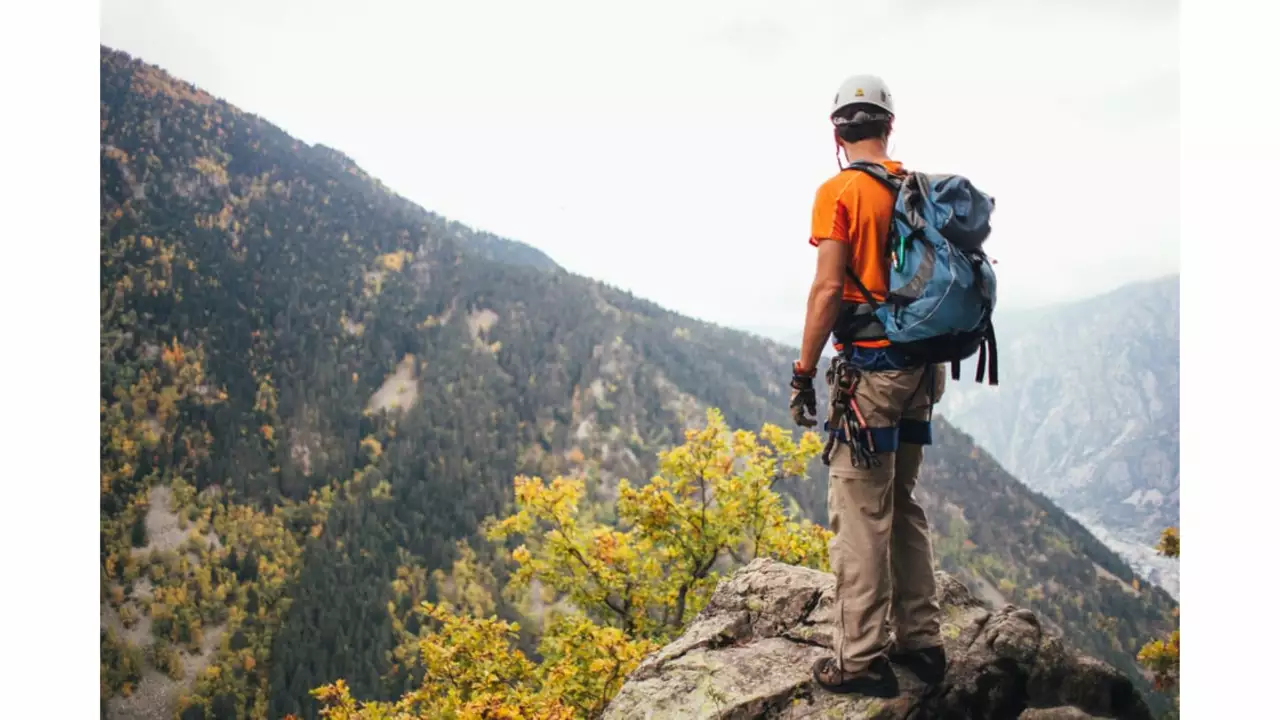Embracing Adventure: Building Your Risk Management Skills
The romance of adventure cannot be complete without the dance with risk. Remember that trip Serena and I took to Nepal? An adventure sewn with the thread of uncertainty can unravel breathtaking swatches of experiences. But amidst these thrilling moments, there's often a student or professional thinking, "Who can do my essay for me?" The mercurial character of adventure demands the wisdom to manage risks. With the right skills, you can navigate the unpredictable weather of mishaps into the harbor of memorable experiences.
The first fundamental skill in managing risk is anticipation. We expected the unexpected. See beyond the visible horizon, and anticipate possible threats during your travels. For example, before Serena and I began our hike in Nepal, we trained, researched, stocked up on the right gear, and did a risk assessment. We spoke to seasoned hikers and locals about the possible risks and received invaluable advice on how to manage these risks. We did not leave anything to chance, including our snacks!
Apart from anticipation, knowledge is paramount. Understanding your chosen place's potential risks and viable solutions should be your travel gospel. Also, keeping your emotional and mental well-being in check is essential. A healthy, calm mind can help you assess complex situations better. Remember: stress is a hostile takeover of your rationality.
Wilderness First Aid: A Traveler's Best Friend
The wilderness promises a rendezvous with nature but can also walk us into the caverns of danger. Preparedness can be as simple as knowing how to mend a cut correctly or preventing hypothermia should the need arise. Yes, the world is our playground, but it pays to know some common ground rules.
Begin by undertaking a recognized course in wilderness first aid. This training can equip you with CPR, managing fractures and dislocations, dealing with bites and stings, and preventing hypothermia and heatstroke. But make no mistake, having a first-aid kit isn't the same as knowing how to use it. Therefore, armored with knowledge and a well-equipped first-aid kit, you are ready to take on any medical emergencies nature throws your way.
But also remember, when you're out in the wild, the keyword is prevention: avoiding injury in the first place is always better than dealing with it afterward. So, take it slow, plan your activities carefully, and always respect your surroundings. Yes, adventure is out there, but it's still humorless when it comes to the joke of risking your health.
Mastering the Art of Survival in Wilderness
Surviving in the wilderness is an art that demands creativity, practical skills, and a lot of mental resilience. We equipped ourselves with basic survival skills before Serena, and I embarked on our African safari. We learned to find and purify water, start a fire, build shelter, signal for help, and even deal with wildlife. And let's not forget the most crucial survival skill - maintaining a positive attitude.
Staying calm, collected, and positive despite tough circumstances can be the ultimate game-changer. Not only can it help you make better decisions, but it also plays a vital role in maintaining your overall health. Remember - the mind is the greatest tool you carry.
Also, consider the importance of adapting. Survival often means bending your plans and ideas to the reality at hand. Be prepared to adjust your strategies based on the environment or situation. Serena and I found ourselves having to change our initial plans several times, and trust me; flexibility can be your savior.
Thriving through Thorough Preparation and Planning
A well-planned adventure is often the most fulfilling one. Effective preparation can differentiate between a lifetime's worth of memories and a harrowing experience that is best forgotten. Starting from researching your destination, familiarizing yourself with local customs and regulations, planning your route, packing intelligently, and preparing for any outcome - planning is as exciting as it is critical.
If you're a frequent adventurer like me or newly initiated into this exciting world, remember, only enter the wilderness equipped with thorough knowledge, practical skills, and a positive attitude. You should also always inform someone -- an emergency contact--about your whereabouts and the estimated return time. This can be your lifeline should anything unexpected happen.
Like my trip with Serena to the Grand Canyon, we planned everything meticulously. It introduced an entirely different approach to preparation: water and food rationing, waste management, temperature management, and acclimatizing to high altitudes. We learned that every new adventure welcomes you with its unique challenges, so be prepared to learn and adapt.
In conclusion, adventure isn't just a journey into the wilderness and an exploration of your bravery and resourcefulness. Engage with the elements, befriend the unpredictability, and dance with the risk, for beyond the ordinary lies a world extraordinary. Be prepared, be safe, and the world becomes an open book, ready for your adventure.
